Otherworldy Instruments Played by the Ocean
Image from the 1884 “Atlantic Ocean Pilot” (via British Library)
The ocean has a rich rhythm, something that’s hard for us landlubbers to connect with. Yet in three different places, we can hear this movement through music. In Croatia, San Francisco, and England, the shores contain instruments played by the waves.
SEA ORGAN
Zadar, Croatia
photograph by Mike Reger
Zadar, Croatia, has its Sea Organ leading right into the water. Designed by architect Nikola Bašić and opened in 2005, it uses some 35 pipes of different sizes that are louder or softer depending on the turbulence of the sea.
Some describe the sounds are mimicking whale calls; whatever they are, it’s haunting and airy with a touch of melancholy. The steps of the organ, which are lined with perforations to let out sound, were cut into a somber concrete wall installed during post-World War II restorations. Adding to the revival of the shoreline is the Sun Salutation, another of Bašić’s works. Its glass panels collect sunlight all day for an ethereal light show every night that represents our solar system.
photograph by EyeofJ/Flickr user
THE WAVE ORGAN
San Francisco, California
photograph by Simon Gibson
Over in San Francisco Bay, the 1986 Wave Organ is the Sea Organ’s precursor. Created by artists Peter Richards and George Gonzales, it turns the bay’s buoyant movement into a sonorous island.
The organ’s jetty was built from granite and marble — all that remains from a long-destroyed local cemetery. It’s not quite as elegant as the newer Sea Organ — its 20-plus pipes that go into the water are PVC and concrete — yet its sound is low and rich. The Wave responds to the changing tides, with lower being bubbly and higher more resounding, impacted by the resonating air.
photograph by Jennifer Boyer
HIGH TIDE ORGAN
Blackpool, England
photograph by R. Lee
Standing at a towering 49-feet, we have the High Tide Organ on Blackpool’s New Promenade. Constructed in 2002 from metal and concrete, it was designed by Liam Curtin with John Gooding.
Curtin previously created a sound fountain 50 miles south in Manchester, and the High Tide Organ uses — as its name suggests — the rising high tide to force air up its 18 pipes. While sometimes silent, other hours are filled with an otherworldly, sonorous song.
photograph by Ali Harrison
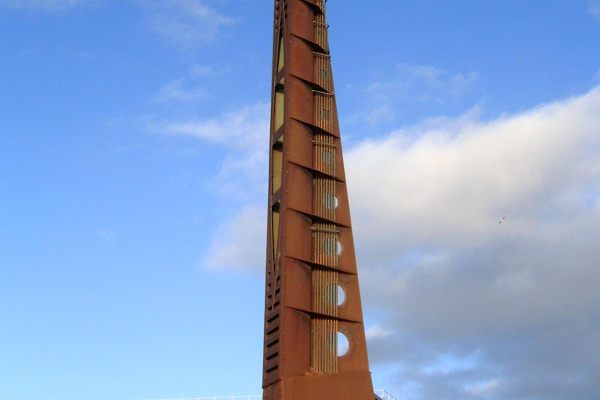
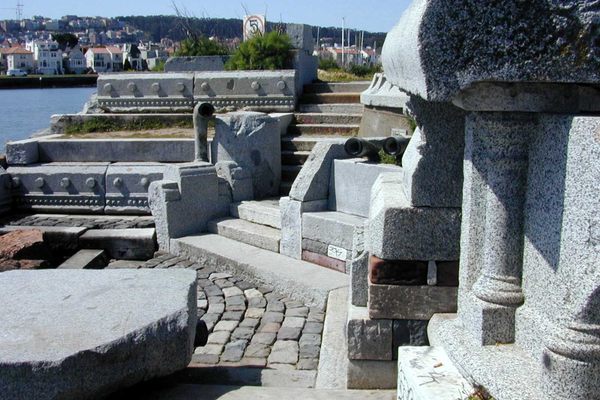
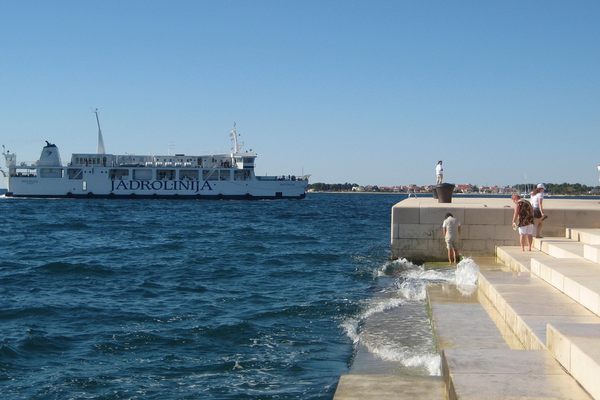

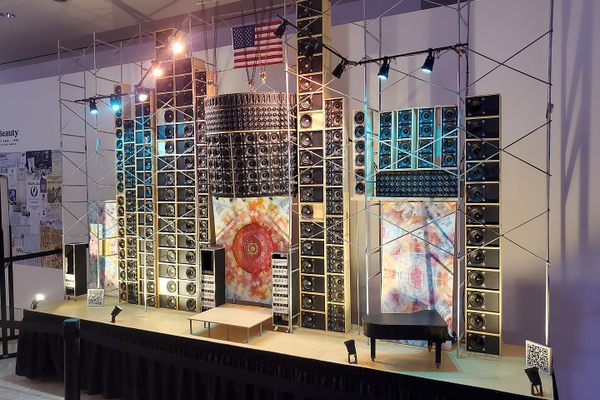


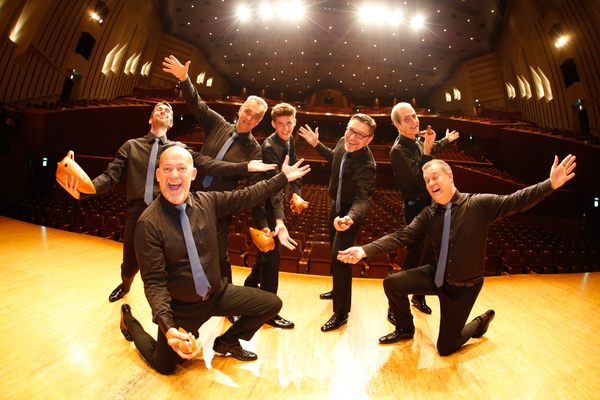
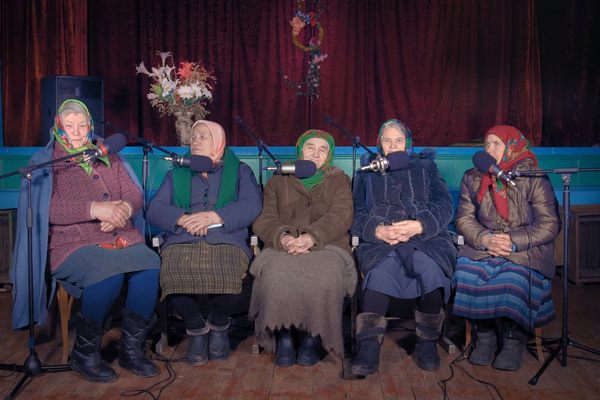
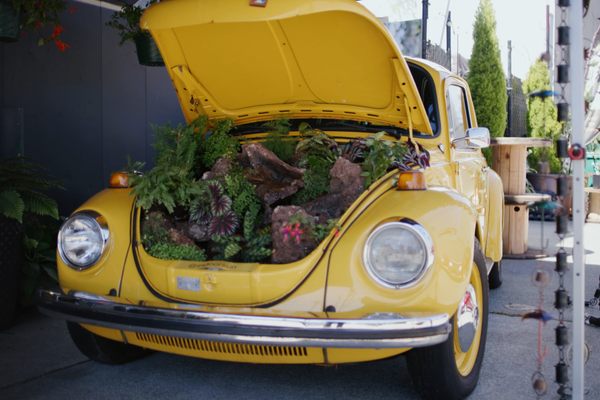



Follow us on Twitter to get the latest on the world's hidden wonders.
Like us on Facebook to get the latest on the world's hidden wonders.
Follow us on Twitter Like us on Facebook